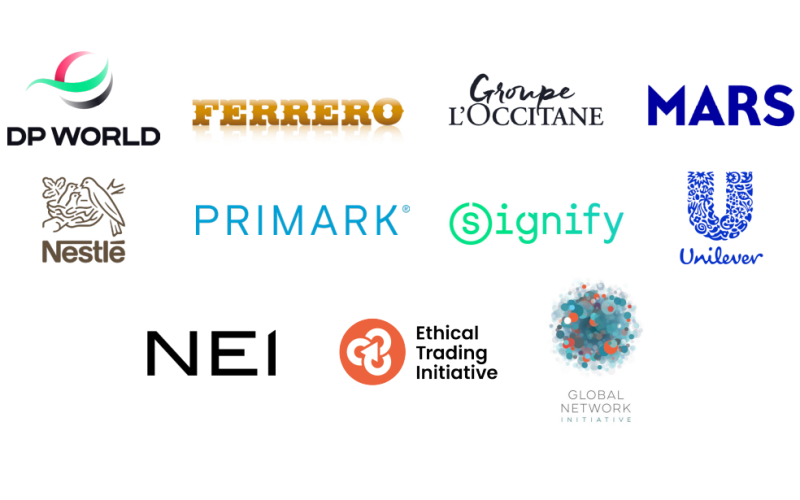A coalition of prominent European businesses, including Unilever, Nestlé, IKEA, and Mars, has called on the European Commission to avoid reopening negotiations on the Corporate Sustainability Due Diligence Directive (CSDDD). The group warned that revising the directive could undermine progress and destabilise the investments made to meet sustainability goals.
The statement, issued on 17 January 2025, comes as speculation mounts that the CSDDD may be included in an “omnibus” legislative review. Business leaders stressed the importance of legislative predictability in fostering long-term investments in sustainable practices.
The coalition highlighted that companies have aligned their operations with the directive, which sets out due diligence obligations on human rights and environmental impacts across supply chains. Reopening the directive could derail this progress, they warned.
The joint statement emphasised, “Reopening the CSDDD at this stage could introduce significant uncertainty, disrupting ongoing efforts to implement sustainability measures and undermining the progress made towards achieving ambitious environmental and social goals.”
The coalition outlined several risks associated with revising the directive. It pointed out that significant resources already committed to compliance could be wasted if the rules are altered. Also, businesses require stability to commit to future sustainability projects. Additionally, the letter said that inconsistent rules could lead to disparities in sustainability standards among member states.
Businesses urged the EU to focus on supporting the directive’s implementation rather than revisiting its terms.
The CSDDD aligns with global frameworks, including the UN Guiding Principles on Business and Human Rights and OECD Guidelines for Multinational Enterprises. The coalition reaffirmed its commitment to these standards, stating, “We remain committed to building a sustainable and resilient future, guided by principles of fairness, accountability, and transparency.”
The statement also highlighted the broader implications of legislative instability on the EU’s sustainability goals, including the risk of diminished competitiveness and delayed progress in addressing climate challenges.




















